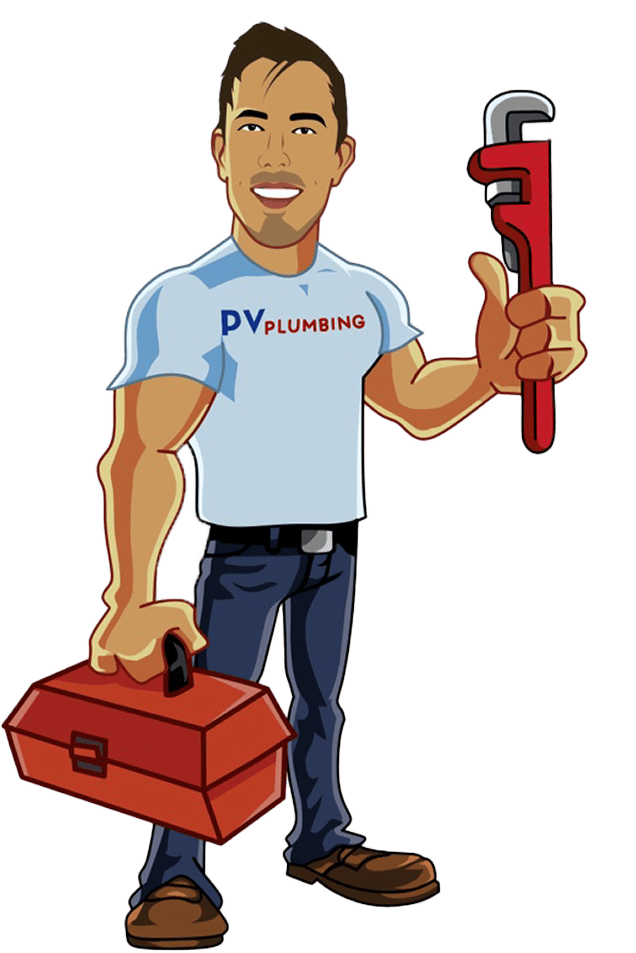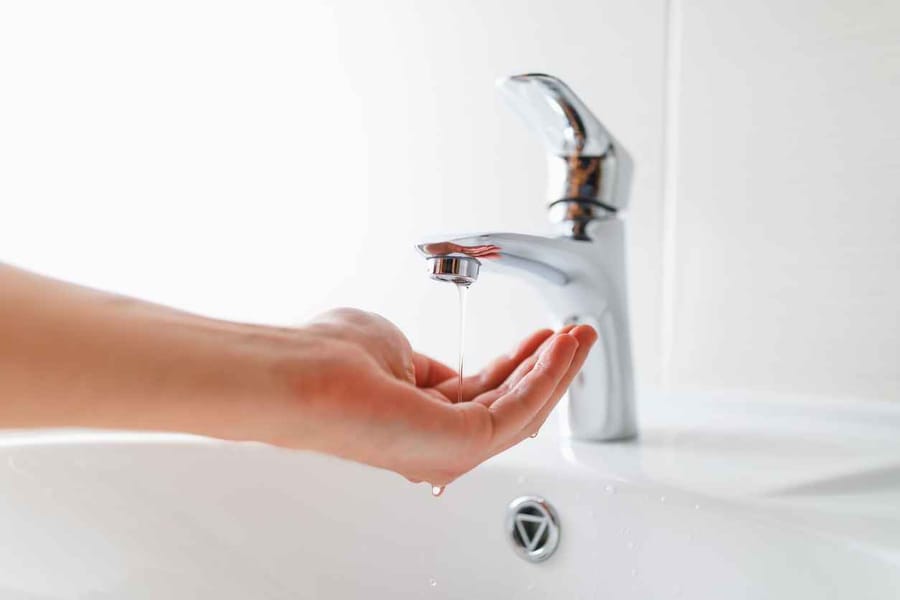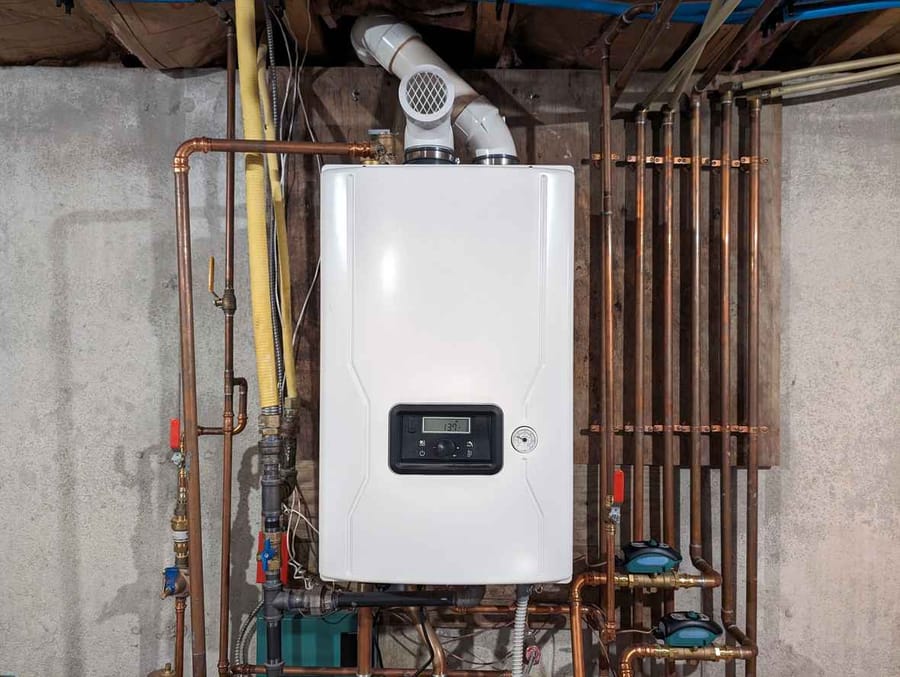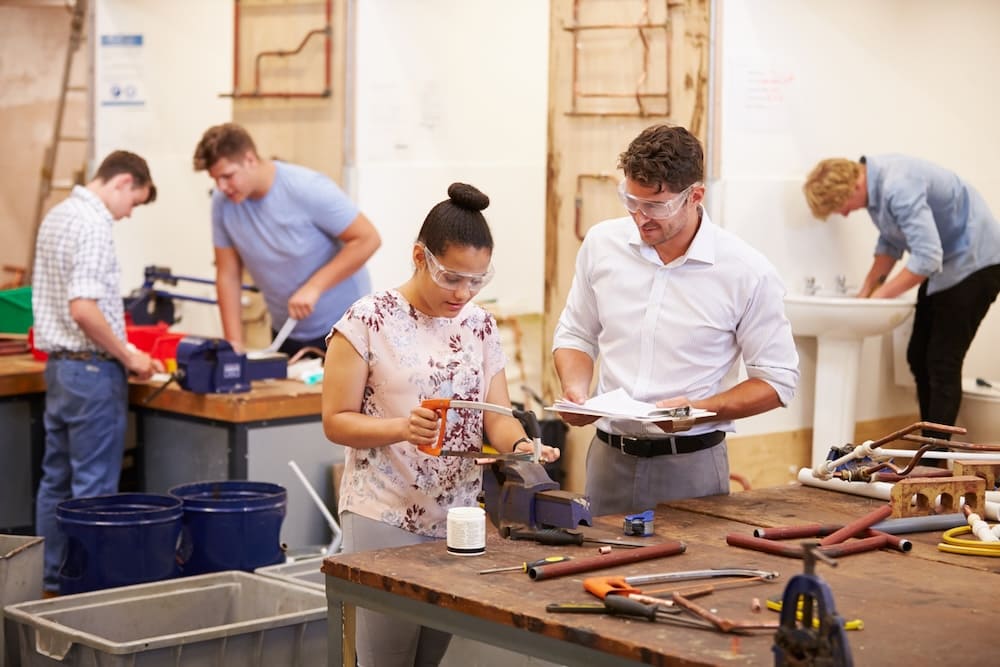Proudly serving Ponte Vedra, FL. and Surrounding Areas
Why Is My Sewer Bill So High?
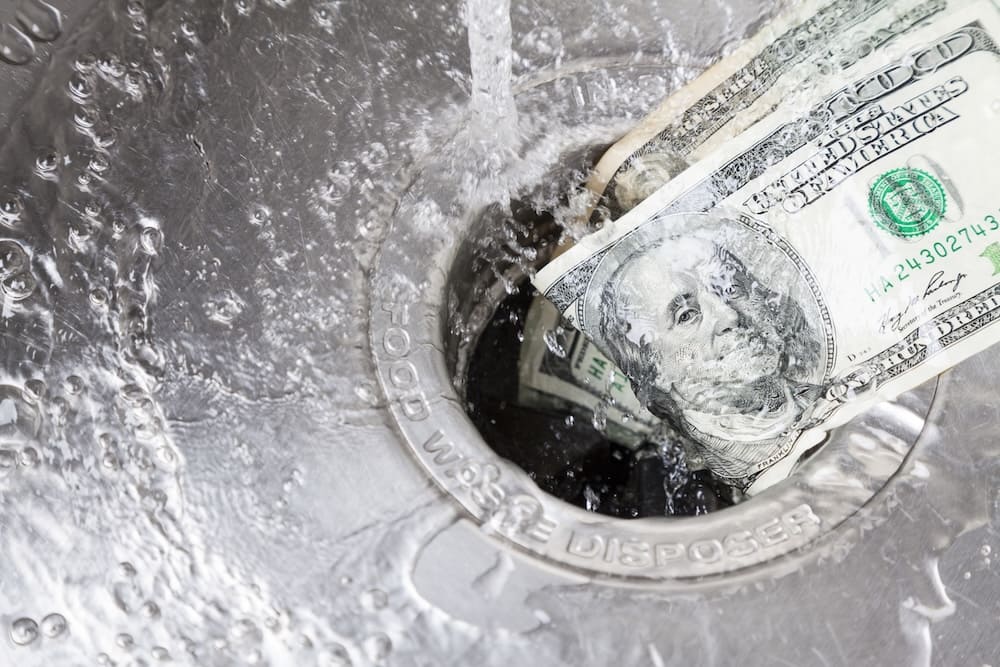
You expect some changes in your water bill throughout the year. Maybe a little more during the summer, or after guests visit. But when your sewer bill jumps unexpectedly, it can feel baffling—especially if you haven’t changed your routine. After all, you don’t actively “use” the sewer system like you do your faucets or appliances. So why are you paying more for it?
At PV Plumbing, we’ve seen firsthand how confusing sewer charges can be for homeowners. While the numbers might seem arbitrary, they’re often signals that something deeper is going on—within your pipes, your fixtures, or even your water habits. Let’s take a closer look at how sewer billing actually works, what causes costs to rise, and how a well-maintained plumbing system can help keep your charges in check.
Sewer Charges: What You’re Actually Paying For
Most municipalities base your sewer bill on how much water your home uses. That might seem odd at first—but the logic is simple: what comes in usually goes out. Every gallon of water you use for showering, dishwashing, laundry, or flushing eventually drains into the sewer system, so you’re billed based on total water intake.
Some cities apply flat-rate billing, while others calculate your charges by metering your water usage. If your area uses the latter, seasonal changes—like filling a pool or watering your lawn—can still affect your sewer bill, even if that water never enters a drain. Some regions offer irrigation meters to track outdoor use separately, but if you don’t have one, you’re likely being charged sewer fees on every drop.
And it’s not just usage that drives costs. Your sewer bill may also fluctuate due to:
- Infrastructure improvements or tax changes
- Estimated readings instead of actual meter data
- Billing errors or adjustments during certain times of year
But what if the spike doesn’t make sense—even after accounting for these factors?
The Hidden Plumbing Problems Behind Rising Sewer Costs
When water use hasn’t changed, and your rates haven’t increased, the problem often lies in what’s happening behind your walls. Plumbing issues—especially small, persistent ones—can lead to a dramatic increase in water consumption without any obvious signs. And since sewer charges are tied to water usage, the bill goes up even when the water is leaking, not flowing down your drains.
Some of the most common culprits we find during inspections include:
- Running toilets that leak silently for weeks
- Dripping faucets and valves, especially in unused bathrooms
- Water softeners stuck in regeneration cycles
- Slab leaks or pinhole leaks under flooring or inside walls
- Aging water heaters with faulty pressure relief valves that constantly release water into the drain
These types of leaks may not leave puddles or obvious damage, but they continuously feed water into your plumbing system—and eventually, into your sewer charges. In many cases, homeowners don’t realize there’s an issue until they’ve paid several high bills in a row.
Other Contributors to Higher Bills
Sometimes it’s not a leak, but how your home is using water that causes the bill to climb.
If you’ve been entertaining more often, installing new landscaping, or spending more time at home, your system may simply be working harder than usual. Activities like long showers, frequent laundry loads, or irrigation can all lead to higher water and sewer charges—especially if your fixtures aren’t designed for efficiency.
Older toilets, for example, can use up to 5 gallons per flush, compared to the 1.28 gallons modern models use. Outdated kitchen or bathroom plumbing might also lack water-saving features, and older water heaters often lose efficiency over time, resulting in more hot water usage than necessary.
Even clogged or slow drains can lead to excess water usage. If you’re frequently re-running sinks or flushing toilets more than once, your sewer bill will reflect that inefficiency. That’s why keeping up with professional drain cleaning matters more than most people realize.
How to Get Sewer Costs Under Control
Fortunately, understanding what’s behind a high sewer bill is the first step toward fixing it—and sometimes, the solution is simpler than you’d think.
Start by checking your home for signs of unseen water loss. You can test for a running toilet by adding food coloring to the tank; if it appears in the bowl without flushing, you’ve found a leak. You can also monitor your water meter before and after a period of no use (such as overnight). If it moves, water is flowing somewhere it shouldn’t.
Still stumped? That’s where a professional plumbing inspection becomes invaluable.
At PV Plumbing, our experienced team uses advanced tools and diagnostics to track water usage, identify leak sources, and test fixture performance. We specialize in everything from smart water system installations to eco-conscious pipe repairs, helping homeowners make meaningful upgrades that save both water and money.
For households with outdated water softeners, inefficient water heaters, or recurring sewer and drain issues, addressing the root cause of water waste often has an immediate and lasting impact.
Why It Pays to Call in the Pros
Most plumbing inefficiencies go unnoticed until they show up in your bill—or worse, in costly repairs. That’s why we recommend regular system assessments, especially for homes with aging fixtures or inconsistent water pressure.
Working with a licensed plumber gives you:
- A clearer picture of how your system performs
- Confidence that your fixtures and appliances aren’t wasting water
- A plan to improve efficiency with modern, code-compliant upgrades
At PV Plumbing, we bring more than a decade of experience to every job. Our team delivers full-service plumbing support—from emergency troubleshooting to preventive care—and we specialize in customizing solutions for each home’s unique needs.
If your sewer bill has become unpredictable, it might be time to reassess how your plumbing system is operating.
Let Your Sewer Bill Be the Wake-Up Call
You might not give much thought to your sewer charges—until they start costing more than expected. But your bill is trying to tell you something. It could be pointing to a silent leak, an inefficient fixture, or an outdated water system draining your wallet a few gallons at a time.
At PV Plumbing, we help homeowners stop guessing and start gaining clarity. Our expert team investigates the real reasons behind rising sewer costs and provides tailored solutions that improve performance, reduce waste, and restore balance to your home’s water use.
Think your sewer bill is too high?
Call PV Plumbing at (904) 392-7967 to schedule a plumbing system evaluation. We’ll help you identify what’s behind the extra charges—and what you can do to fix them.
Schedule your Worry-Free Service Today
